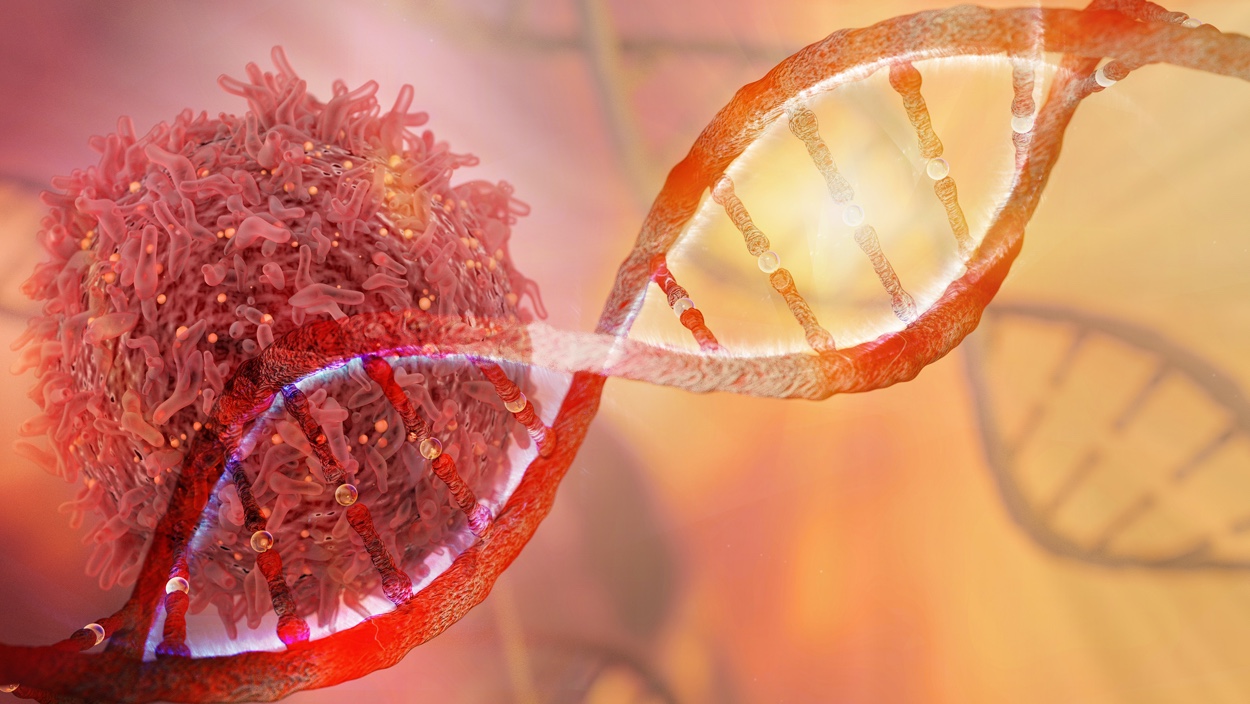Standardizing the assessment of genetic tests used to track cancer

A PARTNERSHIP SPANNING THE PUBLIC, PRIVATE AND ACADEMIC SECTORS, THE ctDNA PROJECT WILL DEVELOP MUCH-NEEDED UNIVERSAL STANDARDS.
As a cancerous tumor progresses and grows in a person’s body, it often sheds cells. These cells are broken down in the body, releasing material into the bloodstream, including DNA known as circulating tumor DNA, or ctDNA. This ctDNA can be studied by scientists to determine genetic mutations in the tumor that can be targeted for treatment. These mutations can also help explain a tumor’s resistance to treatment.
Because of the many uses of ctDNA and the simple way in which it is obtained — through a blood sample — a host of technological advances have been developed to analyze it. This has been highly beneficial in providing crucial diagnostic information to doctors, patients and cancer researchers, but the proliferation of technologies gives rise to a lack of standardization. Hospitals and laboratories across the country are capturing and analyzing ctDNA but lack a uniform set of universally recognized standards to guide interpretation of the results. The same sample can be interpreted very differently by different scientists, making it difficult to fully understand or trust any given test.
In 2019, the FNIH launched a project called Identification and Validation of ctDNA Quality Control Materials. A partnership spanning the public, private and academic sectors, the ctDNA project will develop much-needed universal standards. The project will create a set of quality-control materials meant to provide assurance that all testing steps were correctly performed, allowing for comparison of samples across different hospitals and laboratories and better enabling accurate results.
Once successfully developed and disseminated, these quality-control materials will help lay the groundwork for more effective clinical research, as well as faster regulatory approval of new testing technologies and how they might be used to help patients. The project is likely to lay a foundation for the development of protocols to test other genetic material in the future, with implications that could reach far beyond even those for people with cancer.